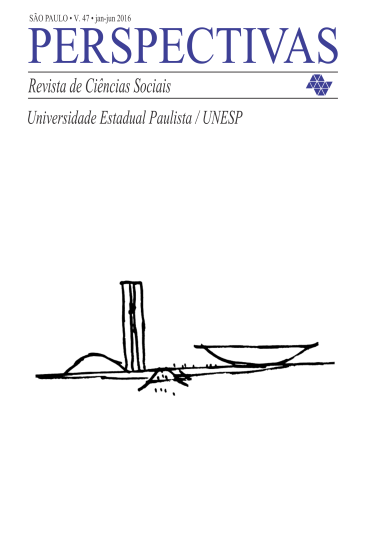Intergovernmental relations and public policy: notes about the areas of policy and its peculiarities as an independent variable
Keywords:
Intergovernmental relations, Explanatory variables, Public policy,Abstract
Recognizing the plausibility of factors that, according to the literature, influence on the shaping of intergovernmental relations in general, the purpose of this short essay is a further step in the breakdown of the tangle of factors that are to be able to economically explain the configurations of the relationship between the entities and government bodies within the different nationalities. The central argument presented is that besides the classic factors identified in the literature – demographic, geographic, socio-cultural, historical, political and constitutional (concentration and dispersion of power) and conjuncture (national and international contexts) – the different areas of public policy and its respective political subsystems, with actors, ideas and institutions historically constituted, should also be considered. In other words, we start from the assumption of the impact of the factors most commonly identified (a) on intergovernmental relations in general and (b) on the specific scope of each policy, but at the same time, (c) understand that the institutional setting and internal political dynamics of the sectors may also, in a two-way movement, to impact the configuration of intergovernmental relations within countries – whether from constraints or indications from a learning process.Downloads
Published
19/12/2017
Issue
Section
Dossiê: Instituições políticas e democracia - dilemas e possibilidades

